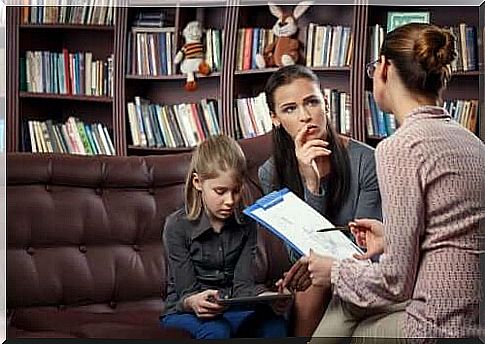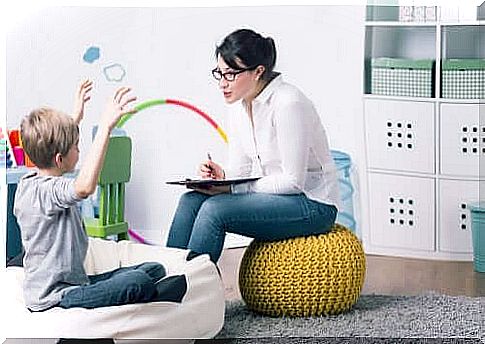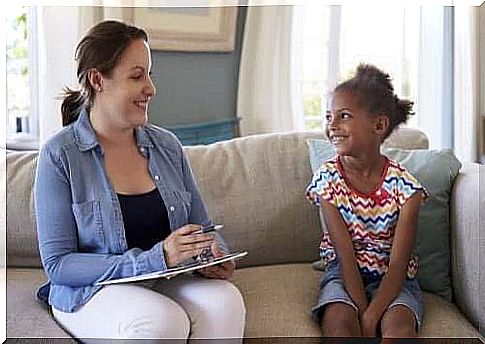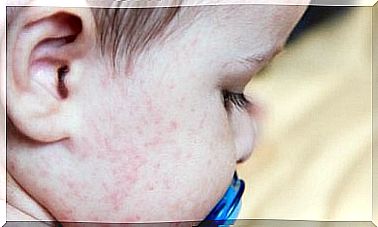When To See A Child Psychologist

Parenthood does not come with an instruction manual. While we try to do our best, we can sometimes feel overwhelmed and need to ask for help. Seeing a child psychologist can raise doubts and fears, but it is the right decision on many occasions.
What is considered normal?
Almost all parents, at some point, wonder if their child’s behavior is normal and temporary, or if they should be concerned.
Before despairing, it is important to know that, in their evolutionary process, children go through different phases with characteristic behaviors, which help them to develop as people.
For example, around age two, there is a phase of denials and tantrums that is perfectly normal. Likewise, it is common for children up to age seven to have difficulty staying focused or controlling their behavior if they are excited.
In other words, certain behaviors or fears may be totally adequate at a certain age, but they are not so as the child grows.
On the other hand, the child’s personality also plays a decisive role, so that an introverted child enjoys loneliness more, while a more restless one requires more external stimuli.

Thus, before cataloging a behavior as problematic, we must clarify whether it is part of the developmental stage that our little one is going through or if it is part of his personality.
It is also possible that, at times, the focus of intervention should not be the child, but the parents. We can be very demanding or overprotective of our child, not having a realistic view of childhood. If this happens, a psychological intervention dedicated to parental guidance can resolve the situation.
When to look for a child psychologist?
Unfortunately, there is still a certain taboo regarding the decision to see a child psychologist. Some parents may think that it’s not really necessary or that it can be seen as a sign of weakness.
Seeking professional help does not in any way mean that you are a bad parent, or that you have done something incorrectly. On the contrary, it just shows that you want to provide the best education and the best childhood for your children.
However, there are some situations that, in fact, can happen over time. When there is a change in a child’s life, such as a divorce or a change of school, it may take time to adjust to the new situation. However, it is very interesting to be alert if this adaptation does not occur.
Likewise, if we find it necessary, it may be appropriate to seek out a child psychologist to help the child through this phase. Sometimes it’s better to be safe than sorry, and relying on this support can prevent circumstances from negatively affecting the child or feeling overwhelmed.
On the other hand, we must keep in mind that there are situations in which it is better to act as quickly as possible. Otherwise, symptoms may worsen or become chronic. In addition, the child will also be losing part of his childhood until we find a solution.

Guidelines to remember
The main parameters we should stick to when deciding whether to seek a child psychologist are the following:
- Behaviors that are out of the ordinary. Either because our child behaves very differently from other children his age or because his behavior changes radically from one day to the next. Therefore, it is important to know both the evolutionary phases and the personality of our child.
- Time. If the abnormal behavior or mood persists for several months, we should start thinking about seeing a professional. This may mean that the child is not able to face the situation alone and needs help.
- Influence on daily life. If a behavior, fear or emotional state significantly affects the child’s daily life and well-being, we should seek help. Even if it hasn’t been a long time, if the influence that is taking place is too great, we shouldn’t wait.
- Physical symptoms without medical explanation. If the child starts to have frequent headaches, stomach pains or skin problems without medical justification, we may be facing the somatization of some emotional problem.









